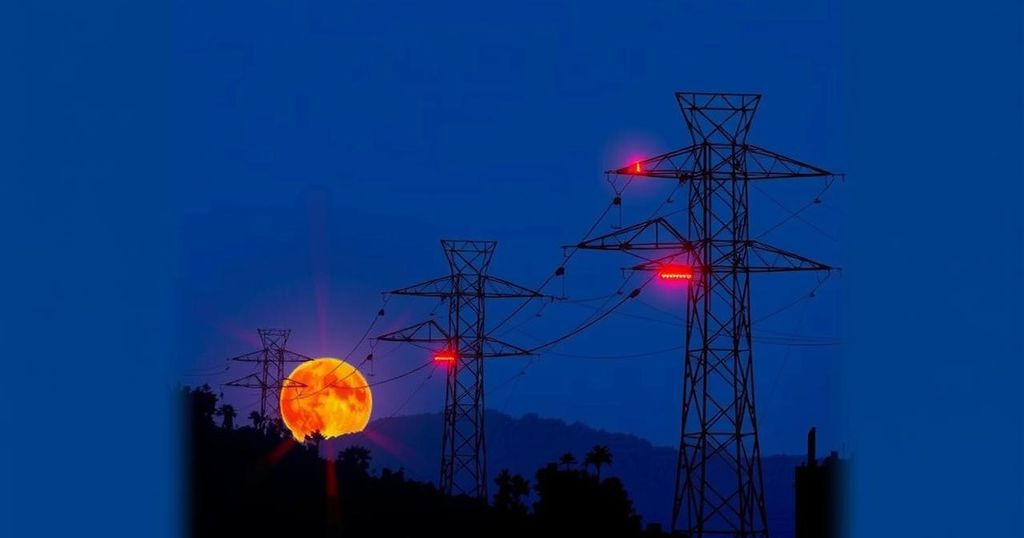Bangladesh Halves Power Imports from Adani Power Amidst Payment Issues
On December 3, 2024, Bangladesh reduced its power imports from Adani Power by half due to declining winter electricity demand and ongoing payment disputes. This situation signals potential complications in the power supply agreement and raises concerns regarding future energy cooperation between Bangladesh and India.
On December 3, 2024, it was reported that Bangladesh has significantly reduced its power imports from Adani Power, halving the previously agreed volume. This decision stems from a combination of factors, including a decline in electricity demand during the winter season and unresolved payment disputes that have complicated the financial arrangements between the two parties. Adani Power, a prominent Indian electricity producer, had been a key supplier to Bangladesh, but ongoing issues may hinder future transactions.
As Bangladesh navigates these challenges, its energy strategy is under scrutiny, particularly as efforts are made to stabilize the national grid while managing international agreements effectively. Stakeholders in both nations are observing the situation closely, as it has implications for regional energy cooperation and economic interactions.
The power supply arrangements between Bangladesh and Adani Power are a crucial component of Bangladesh’s energy strategy, especially as the country seeks to diversify its energy sources and enhance electricity availability for its population. The partnership with Adani Power was initiated to address the electricity shortages faced by Bangladesh, which relies on imports to fulfill rising energy demands. However, the current predicament highlights vulnerabilities in international energy transactions, particularly related to pricing and payment protocols.
In conclusion, Bangladesh’s decision to cut power imports from Adani Power illustrates the complexities of international energy agreements, particularly in light of unresolved payment disputes and seasonal demand fluctuations. This development not only impacts Bangladesh’s power supply and economic health but also raises questions regarding the stability and efficacy of energy partnerships in South Asia. Stakeholders will need to address these issues urgently to ensure a reliable energy future.
Original Source: www.hindustantimes.com




Post Comment